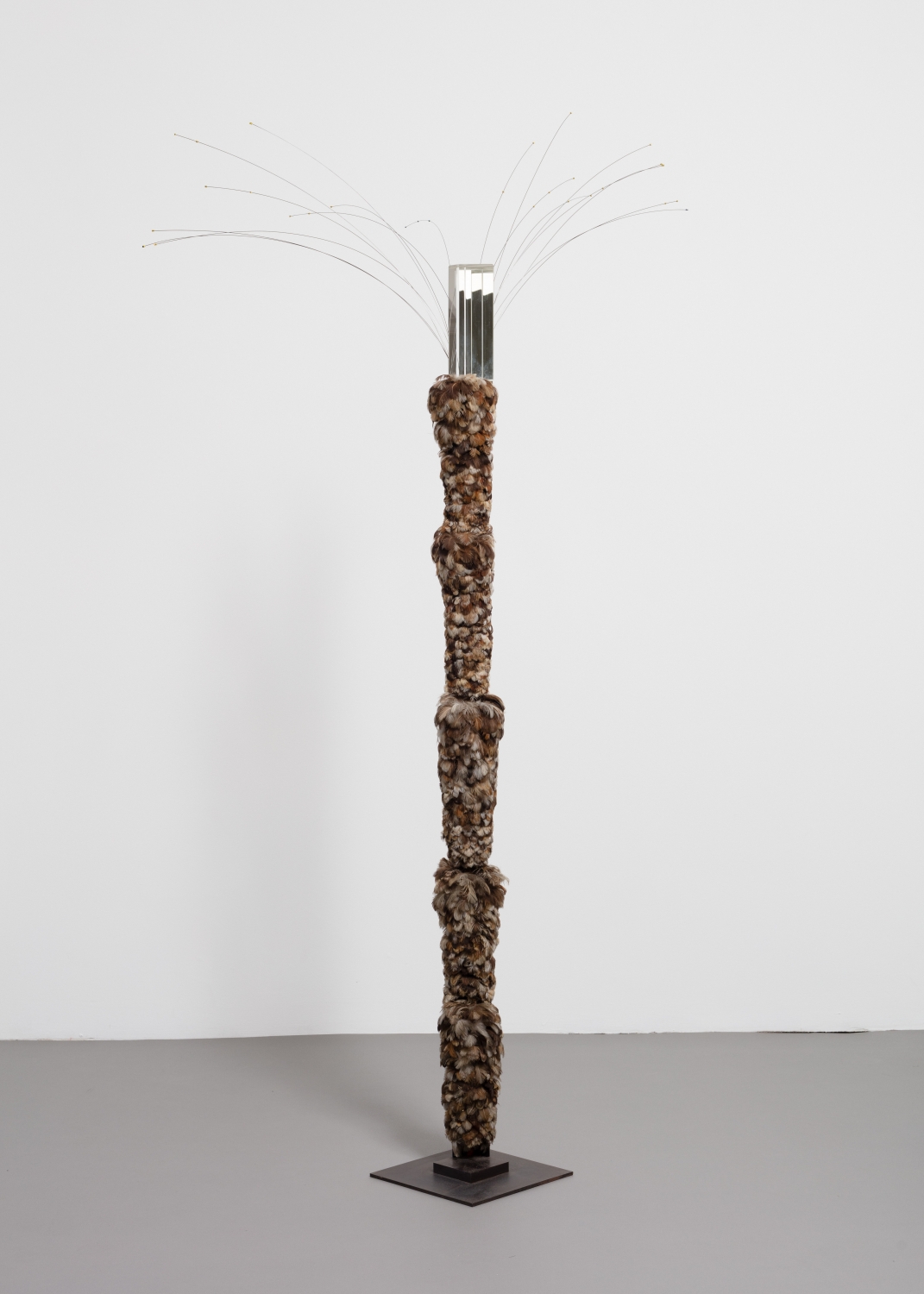If Not Now, When? Generations of Women in Sculpture in Britain, 1960 – 2022
31.03.2023 – 24.09.2023
The Hepworth Wakefield
Gallery Walk, Wakefield
West Yorkshire
WF1 5AW
If Not Now, When? Generations of Women in Sculpture in Britain, 1960 – 2022 will open at The Hepworth Wakefield this March to explore the lives of women sculptors in Britain during a significant period of social and artistic change. The exhibition is the culmination of the feminist research project, Hepworth’s Progeny: Generation of Women in Sculpture in Britain, 1960 – 2022 and will show work by the women artists who responded to either the original 1988 or revised 2022 survey.
The 2022 research project was hosted by The Hepworth Wakefield in collaboration with art historian, Professor Griselda Pollock and sculptor Lorna Green, working with Yorkshire based curatorial researchers Dr Anna Frances Douglas and Dr Kerry Harker. The project revisited research into women artists working in the expanding field of sculpture undertaken in the late 1980s by Green as the basis for a present-day comparative study. Recruiting a new cohort of contemporary sculptors working in Britain today, the 2022 research project acknowledges the entanglements of age, class, gender, ethnicity and sexuality, neurosensory diversity and other factors. The research also touches on changes to funding accessibility, display and the critical reception of art by women. A small number of the original survey responses will be on display, narrating an intergenerational story of women artists.
The exhibition features around 30 works by sculptors such as Rose Garrard, Glenys Barton, Permindar Kaur, Katrina Cowling, Kim Lim, Lilian Lijn, Veronica Ryan, Shelagh Wakeley and more. Some of the first cohort of survey responses were submitted by then graduates – Phyllida Barlow, Helen Chadwick and Cornelia Parker – who are now recognisable names in the art world.
On display will be Barlow’s HOLD, 1986-9; Chadwick’s rarely seen early work, In the Kitchen, 1977 which she created as an MA student; and Parker’s Endless Coffee, 2022. It will also include work by artists who were frequently exhibiting in the 1980s but whose work is now less often seen, showing that many women artists’ careers do not follow an upwards trajectory.
While the first cohort of artists reported feeling restricted by perceived male materials such as bronze or stone, the second cohort of women were less affected by this. Many identifying with feminist activism in the 1970s and 80s challenged ideas of gendered materials and fought for the inclusion of other materials and processes – often associated with domesticity and women’s crafting skills – into the fine art domain. Their art activism changed the course of sculpture. To illustrate this, a wide range of materials will be on display including terracotta figures, knitting, embroidery, metalwork, hewn trees, casting, relief, clothing, felting, stitching and neon.
Although the second cohort of women felt less restricted by materials, they were still found to be hampered by cultural expectations of gender. Many of the works in the exhibition engage with ideas of gendered experience, highlighting social inequalities or critiquing cultural expectations of being a woman and femininity. The expectations of motherhood is found to be a barrier to sculptural practice and explored by several of the artists on show.


